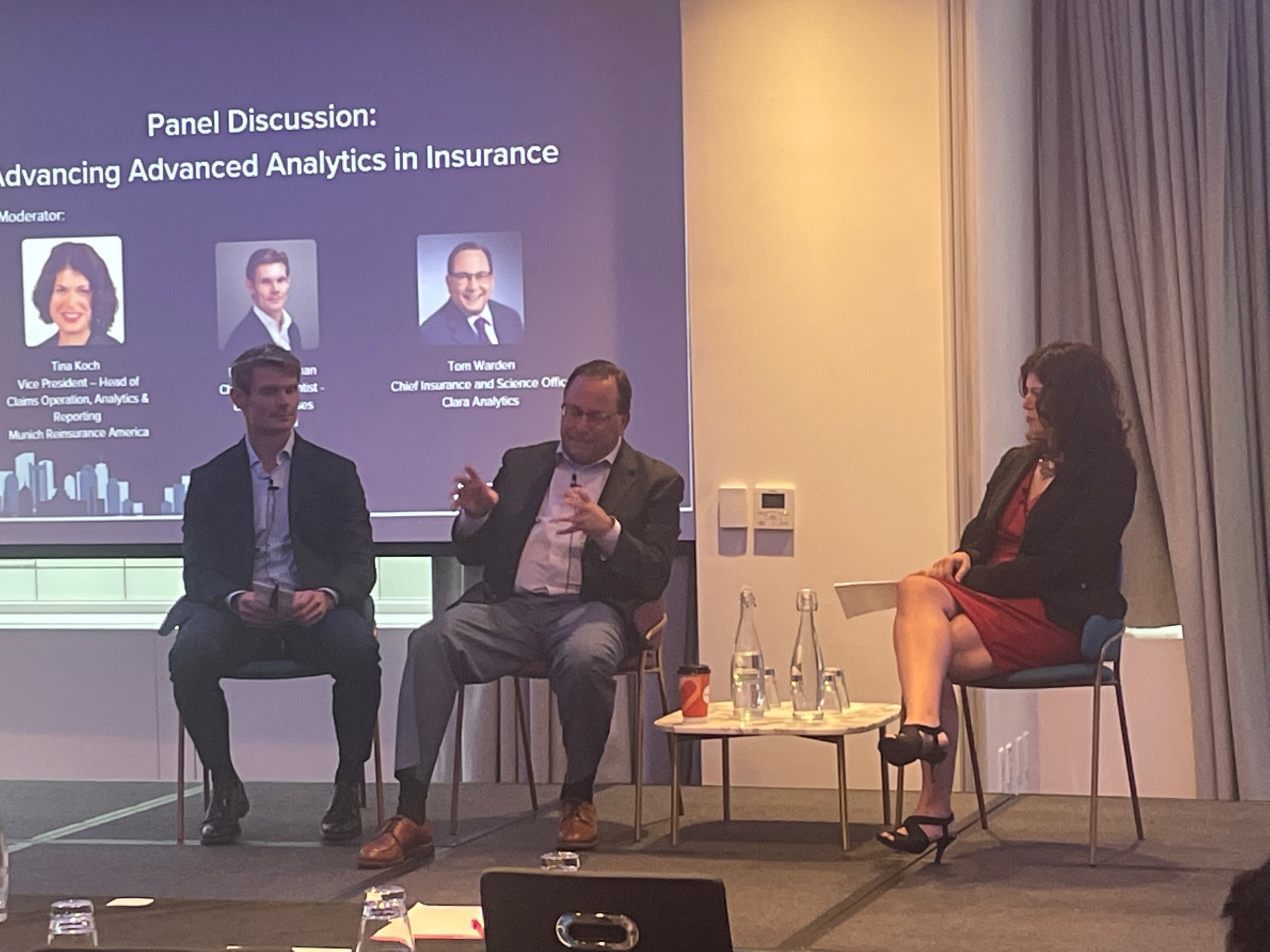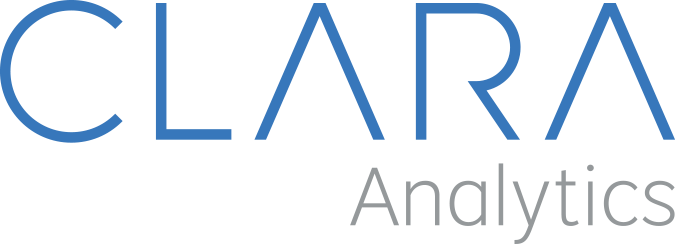Thoughts on Advancing Advanced Analytics
I recently had the opportunity to participate on a panel focused on best practices on advancing advanced analytics including machine learning and AI. Chief Data & Analytics Officers from across the insurance industry were gathered in New York for the annual CDAO Insurance conference. I was asked, “What advice would you give to companies just starting out in advanced analytics?”.
This is as question I am passionate about as I have spent the majority of my career advancing the use of analytics at large insurance carriers. The following is what I shared based on my experience from the last 30+ years:
Build a “coalition of the willing from across the enterprise”. By this I mean find the people in all areas of the company who have some passion for data and analytics and pull them together so there is collective energy. This doesn’t mean moving them in the org chart, it’s an informal team that may have to participate with no reduction in their day jobs. This team can facilitate brainstorming of use cases, communicate back to their regular teams and leaders what is going on, and potentially staff initial projects.
“Stack the deck” in your favor. Create a set of use cases that, if completed, would create real value for the company. Usually there are many projects like this that have not been pursued for various reasons. To improve the odds of success, make sure that the data needed for each use case is available, of decent quality and that if successful, the analytics developed can be put into production relatively easily.
“It takes a village” to be successful. Contributors from each function touched by the design, development, testing, and implementation of the use case should participate from the beginning. Functional leaders and SMEs help determine the practicality of the use case. Technologists assure that the approach to build, test, and implement is possible in the current environment, or with small modifications. Front-line employees can assure that what is built truly suits their needs, solves their problems, and is easy to adopt.
“Too many bosses in the kitchen spoil the soup”. As best as possible, senior leaders should be kept informed of what’s happening, and help break down any barriers that arise, but they tend not to appreciate how much data and analysis work is needed to pull off an advanced analytics project. Many of them view AI as “magic” because this is how large tech companies market it to them. IBM’s Watson and other tools like it are not “magic boxes” that ingest data and spit out answers. Do your best to keep anyone with a “C” at the beginning of their job title out of the “kitchen” until the dish is prepared.
We are at an exciting time as machine learning and AI matures and the outcomes are measurable and not just theoretical. We are still at the begining of our data journey with so much more to come!




